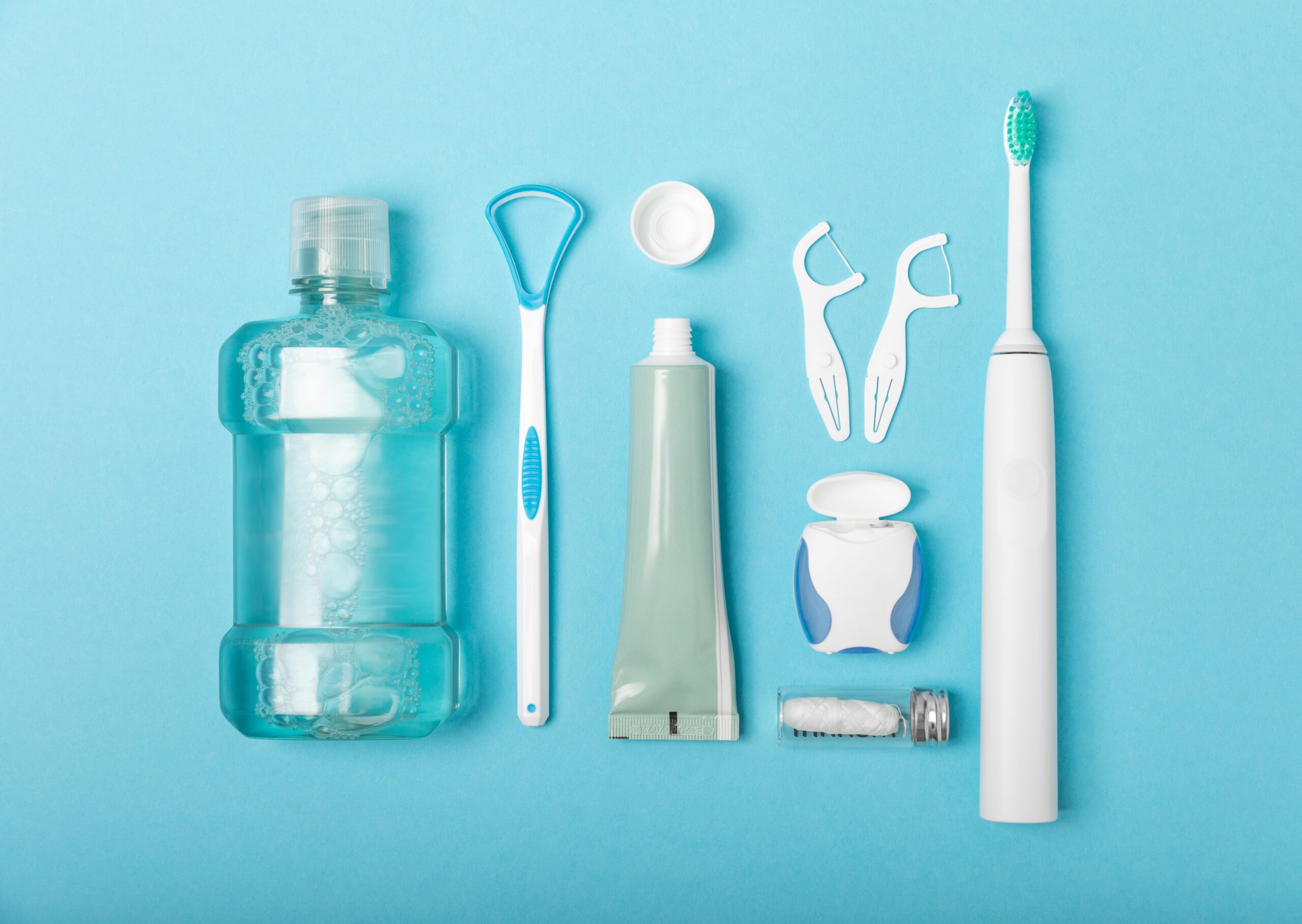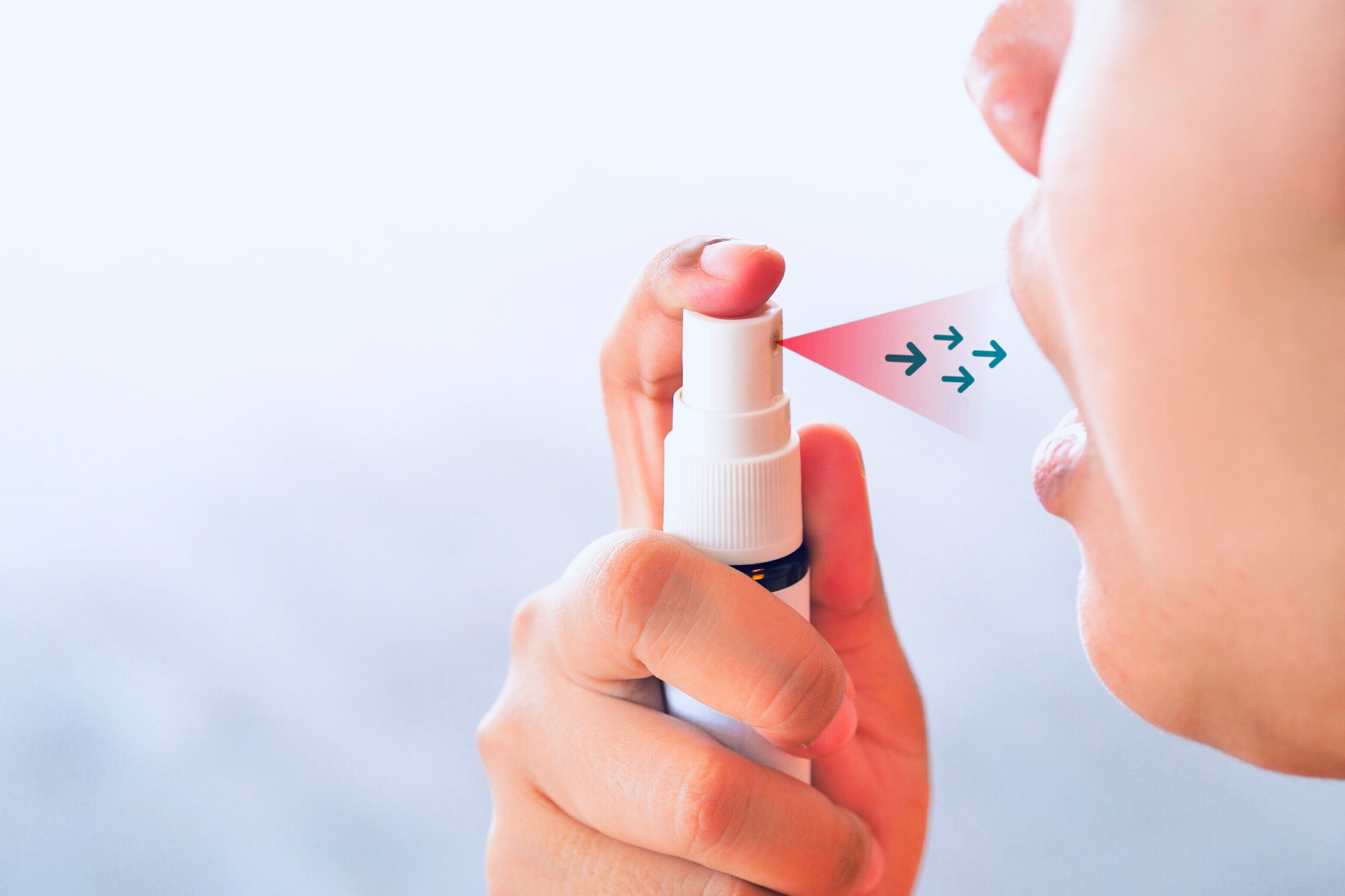ننظف أسناننا يوميًا، عادةً مرتين أو أكثر يوميًا. أصبح معجون الأسنان من ضروريات حياتنا، لكن قليلًا من يهتم بمسألة تنظيف الأسنان. ولكن كيف تم تطوير معجون الأسنان؟ تابع القراءة واكتشف التاريخ الطويل لمعجون الأسنان.
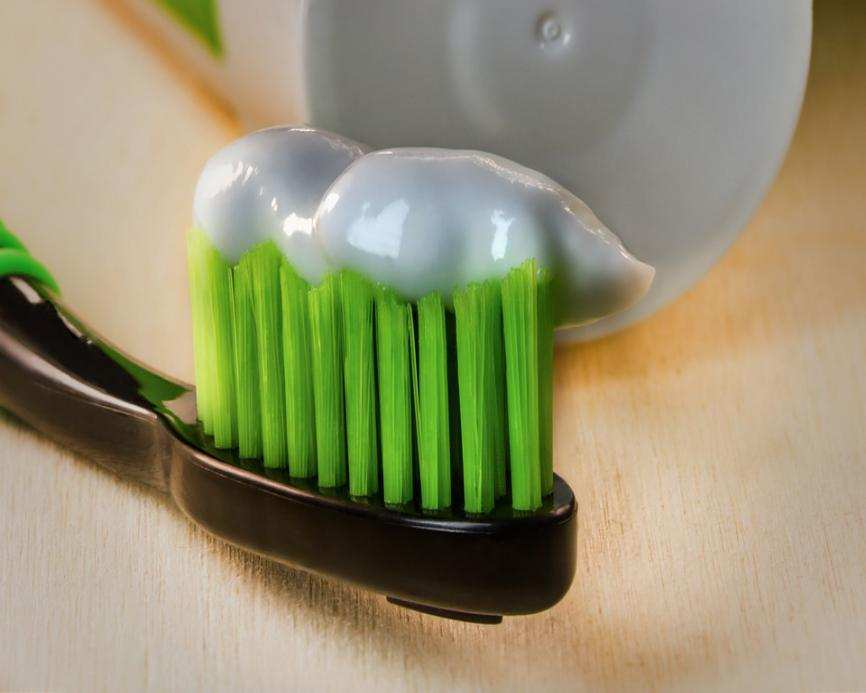
مصدر:بيكساباي.كوم
أصل معجون الأسنان القديم
قبل عام 3000 ميلادي، تظهر النصوص القديمة من الصين والهند ومصر أن الناس كانوا قادرين على صنع فرشاة الأسنان لحماية أسنانهم، وكذلك لفهم بنية الأسنان، وأهمية التنظيف، واستخدام الأدوية لعلاج أمراض الأسنان.
الأقدم معجون أسنان تم اختراعه من قبل القدماء المصريون، الذين استخدموا مسحوقًا مصنوعًا من قشر البيض والخفاف وحوافر البقر لتنظيف أسنانهم.
في عام ٢٠٠٣، عُثر على نبات سجع مصري قديم في قبو المكتبة الوطنية النمساوية، مليئًا بكتابات هيروغليفية غريبة. وصف النبات مسحوقًا يُبيض الأسنان، يتحول عند ملامسته للعاب إلى معجون يُنظف الأسنان. يتكون هذا المسحوق من ١٪ أونصة من ملح الصخور وأزهار السوسن المجففة، و٢٪ أونصة من النعناع، و٢٠ حبة فلفل.
هذا هو معجون الأسنان الذي استخدمه قدماء المصريين. كانوا يستخدمونه بشكل رئيسي لتنظيف أسنانهم وتحسين حالتها.
وقد تم توثيق استخدام أعواد الأسنان والإسفنج لتنظيف الأسنان أيضًا في النصوص اليونانية والرومانية القديمة، والبوذية، والنصوص الدينية العبرية.
في الطقوس الصينية لسلالة تشو، كُتب أنه "عند صياح الديك، يجب على العامة أن يغسلوا أسنانهم". في ذلك الوقت، كان معجون الأسنان يُصنع أساسًا من الطباشير ومسحوق عظام الحيوانات والأعشاب والملح، وكان النبلاء والوجهاء يستخدمون معجون الأسنان أحاديًا أو مركبًا للدلالة على مكانتهم ومكانتهم.
منذ ظهور وتطور منتجات تنظيف الأسنان القديمة، أدرك الناس أن استخدام المواد الكاشطة لإزالة الجير من سطح الأسنان، واستخدام الأدوية لمنع البكتيريا في الفم، وتجميل الأسنان، وحماية صحة الفم أصبحت الوظيفتين الأساسيتين لمعجون الأسنان.
تطور معجون الأسنان

مصدر:بيكساباي.كوم
نقطة التحول
في القرن الثامن عشر، شهد تاريخ معجون الأسنان نقلة نوعية بظهور مسحوق الأسنان في إنجلترا. طوّر الأطباء وأطباء الأسنان والكيميائيون مساحيق أسنان تحتوي على مواد تُطحن الأسنان، مثل غبار الطوب والخزف المكسور والأواني الفخارية.
تستخدم معظم مساحيق الأسنان صودا الخبز كمكون أساسي، بينما تحتوي مساحيق أخرى على مكونات مثل السكرين والتي تعتبر غير مناسبة للاستخدام اليوم.
أُضيف مسحوق البوراكس إلى معجون الأسنان في أواخر القرن الثامن عشر لتحسين رغوة الأسنان. كان الأغنياء ينظفون أسنانهم بفرشاة مغموسة في المسحوق، بينما كان الفقراء يستخدمون أصابعهم المغموسة في صودا الخبز لتنظيف أسنانهم.
أُضيف الجلسرين إلى مسحوق الأسنان في أوائل القرن التاسع عشر لجعله أشبه بالمعجون وأكثر قبولاً. كما استُخدم السترونشيوم في ذلك الوقت، مما ساعد على تقوية الأسنان وتقليل حساسيتها.
في عام ١٨٢٤، كان طبيب أسنان يُدعى الدكتور بيبودي أول من أضاف الصابون إلى معجون الأسنان لزيادة قوة التنظيف. لاحقًا، استُبدل الصابون بمنظف يُسمى كبريتات لوريل الصوديوم لتحسين قوام الخلط. يمكنك التعرف عليه من معجون الأسنان المستخدم اليوم. كان هذا نقطة تحول من مسحوق الأسنان الفعلي النموذجي إلى ملمس أكثر شبهاً بالمعجون.
أول معجون أسنان جيد
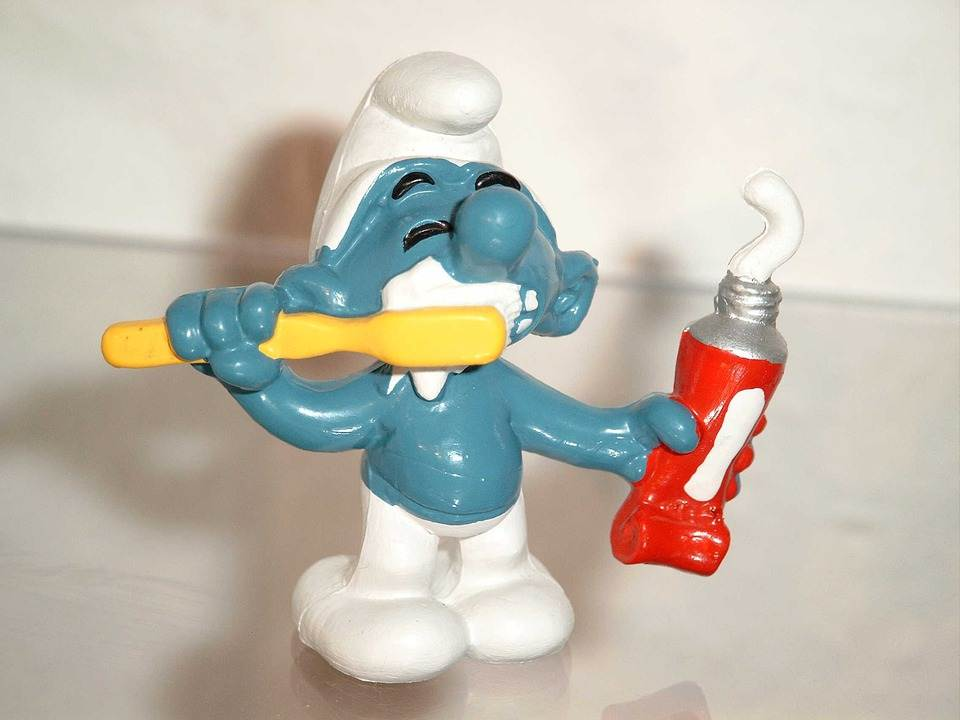
مصدر:بيكساباي.كوم
في عام 1873، طورت شركة كولجيت معجون الأسنان الأكثر شهرة في العالم أولاً، ناعم، ذو رائحة طيبة معجون أسنان، والتي كانت تباع في عبوات زجاجية صغيرة، ومن هنا ظهر معجون الأسنان بالمعنى الحقيقي للكلمة.
لسنوات، عانى الناس للحفاظ على صحة أسنانهم ولثتهم ونظافة أسنانهم، لكن لم يكن معجون الأسنان المناسب متوفرًا. كانت منتجات تنظيف الفم متوفرة بكثرة في السوق آنذاك، لكنها كانت تُصنع يدويًا في كل مكان.
بعد ذلك بفترة وجيزة، تم اختراع معجون الأسنان. استمتع الناس بتنظيف أسنانهم به، وانضمت العديد من الشركات إلى هذا التوجه، وانضمت كولجيت وبدأت بالترويج لعلامتها التجارية بنشاط، وبيع معجون الأسنان والصابون، وتوعية الناس بضرورة الحفاظ على صحة أسنانهم.
أول معجون أسنان في الأنبوب

مصدر:بيكساباي.كوم
كان استخدام مسحوق معجون الأسنان مريحًا ولكنه مزعج. لذا، معجون الأسنان في الأنابيب بدأت تظهر في أواخر القرن التاسع عشر.
بعد نهاية الحرب العالمية الثانية، عمل مصنعو معاجين الأسنان على تحسين حاستي التذوق والشم، وطوروا قاعدةً استبدلت الطباشير ببيكربونات الكالسيوم والصابون بكبريتات دوديسيل الصوديوم، مما جعل معجون الأسنان محبوبًا على نطاق واسع. كما يواصل أطباء الأسنان وغيرهم من الباحثين البحث عن منتجات جديدة لتلبية احتياجات الناس.
ثم حدث تغيير تاريخي في عام 1892، عندما الدكتور واشنطن شيفيلدقرر طبيب أسنان أمريكي أن غمس فرشاة أسنان عدة أشخاص في علبة معجون أسنان أمرٌ غير صحي. لذا، في ذلك العام، طوّر أول أنبوب معجون أسنان قابل للطي. ويُعتقد أن الأنابيب الملونة التي استخدمها الفنان هي التي ألهمته.
المكونات الهامة

مصدر:بيكساباي.كوم
في عام 1914، فلوريد تمت إضافته إلى معجون أسنان بعد أن أثبتت الأبحاث فوائده العديدة للأسنان، أصبح من أهم مكونات معجون الأسنان اليوم، وهو مصنوع من معجون أسنان عادي مضاف إليه الفلورايد.
لقد ثبت أن لمعجون الأسنان المُضاف إليه الفلورايد تأثيرًا واضحًا في الوقاية من تسوس الأسنان. ولذلك، حظي استخدام معجون الأسنان المُضاف إليه الفلورايد بتأييد واسع من قِبل مجتمع طب الأسنان.
تُضاف الكالسيوم أيضًا إلى العديد من معاجين الأسنان المُدعّمة بالفلورايد لتعزيز إعادة تمعدن سطح الأسنان المُنزوعة المعادن. كما تحتوي بعض معاجين الأسنان المُدعّمة بالفلورايد على مكونات صيدلانية مُضافة لها تأثير تآزري عند استخدامها معًا.
معجون الأسنان بالفلورايد له وظيفة تعزيز الوقاية من تسوس الأسنان، ويمكن لمعظم الأشخاص استخدام معجون الأسنان بالفلورايد، وخاصة المراهقين الذين هم في مرحلة سهلة من التسوس.
ومع ذلك، إذا كنت تستخدم معجون أسنان يحتوي على الفلورايد بانتظام، فقد تصاب بتسمم الأسنان بالفلورايد، لذا يجب أن نكون حذرين يتجنب الإفراط في تناول الفلورايد. يُنصح الأطفال الصغار بعدم استخدام معجون أسنان يحتوي على الفلورايد أو أي معاجين أسنان طبية أخرى، وذلك لتجنب الإفراط في تناول الفلورايد نتيجة ابتلاع معجون الأسنان أثناء تنظيف الأسنان بالفرشاة.
معجون الأسنان في الوقت الحاضر
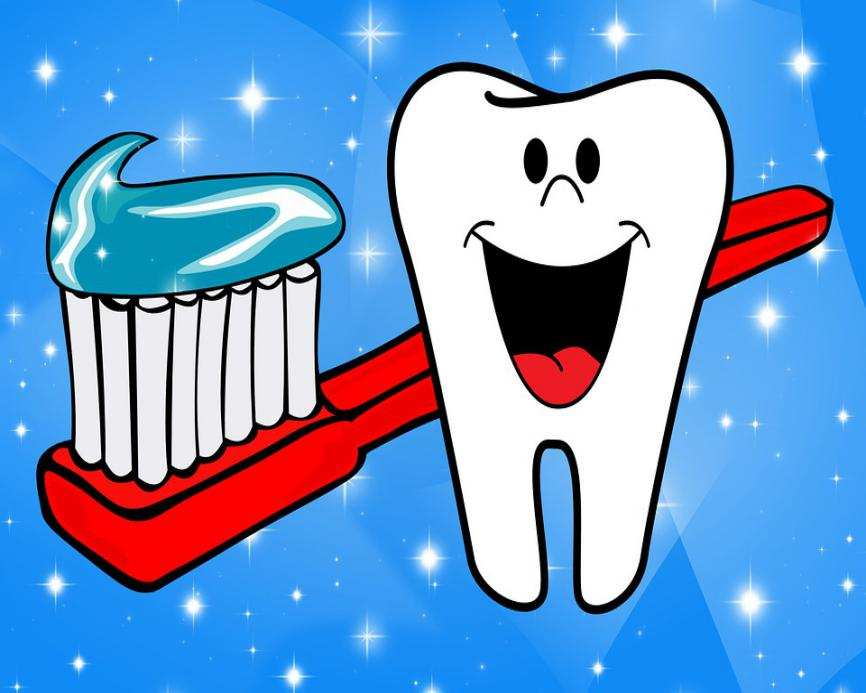
مصدر:بيكساباي.كوم
المكونات الشائعة في معجون الأسنان
المكونات الرئيسية لمعجون الأسنان هي المواد الكاشطة، ومواد التنظيف، ومواد الترطيب، والمواد اللاصقة، والمواد العطرية.
كاشط هو المكون الرئيسي الذي يلعب دور إزالة البقع والتلميع. التنظيف عامل يخترق ويفكك الرواسب الموجودة على سطح الأسنان، ويستحلب الطبقة الرقيقة، ويلعب دور الصابون.
عامل الترطيب يجعل معجون الأسنان أقل عرضة للجفاف. المادة اللاصقة هو لتثبيت العجينة وتجنب الرطوبة. العامل العطري يجعل يد الفرشاة تشعر بالانتعاش والراحة في الفم ويقلل من الرائحة.
يحتوي معجون الأسنان العادي على جميع المكونات المذكورة أعلاه لتحقيق وظيفة تنظيف الأسنان، وهو مناسب لاستخدام جميع الأشخاص.
تم تصميم معظم معاجين الأسنان اليوم لـ يعامل مشاكل محددة أو نتائج محددة. اليوم، يمكنك اختيار معجون أسنان مصمم لتبييض الأسنان، وتقليل حساسية الأسنان، والتحكم في الجير، واستعادة المعادن في مينا الأسنان، أو تقليل تكون البلاك. بالإضافة إلى المنتجات الخاصة، يوفر معجون الأسنان اليوم حماية أفضل ضد تسوس الأسنان وأمراض اللثة، مع مذاق أفضل وانتعاش أفضل.
أشهر ماركات معجون الأسنان والعناية بالفم
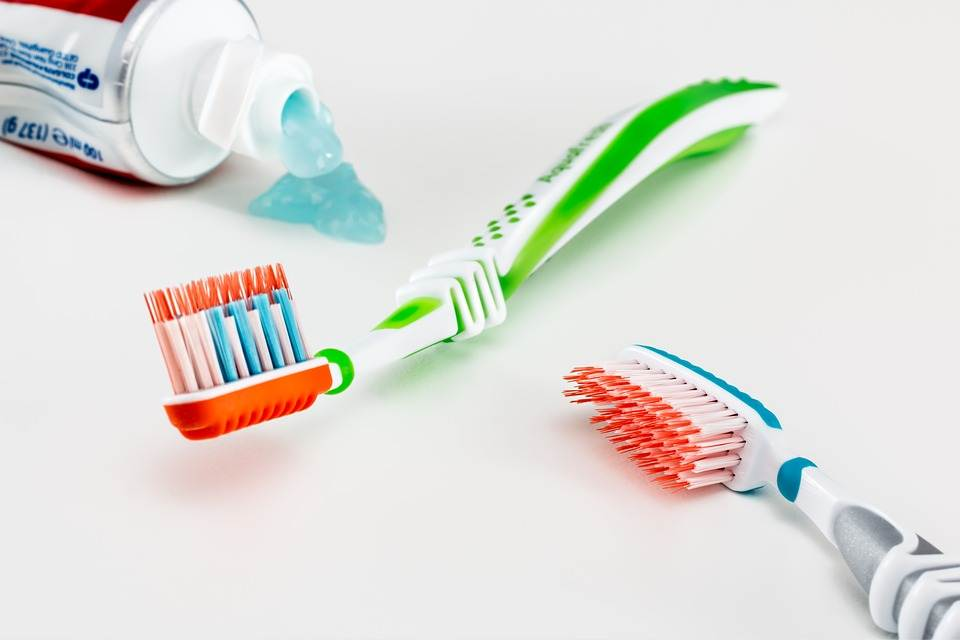
مصدر:بيكساباي.كوم
اختيار جيد مُصنِّع معجون الأسنان، مع الجودة والأمان مصنع منتجات العناية بالفم، قادرة على إنتاج منتجات موثوقة لنا. تعرّف الآن على بعض أفضل العلامات التجارية لمعجون الأسنان ومنتجات العناية بالفم التي تحقق نجاحًا كبيرًا.
قمة
كريست هي علامة تجارية معروفة لشركة بروكتر آند جامبل، التي تقدم منتجات شاملة للعناية بالفم منذ عام 1955. وقد أثبت أول معجون أسنان بالفلورايد عالي الفعالية المضاد للتسوس فعاليته في التجارب السريرية وأصبح أول علامة تجارية يتم الاعتراف بها من قبل جمعية طب الأسنان الأمريكية (ADA).
تلتزم شركة كريست بتطوير منتجات عالية الجودة تعمل على تعزيز صحة الأسنان والتنفس المنعش، مما يؤدي إلى ترسيخ مكانة قيادية في صناعة العناية بالفم.
معجون أسنان الأسد الملك
معجون أسنان "ملك الأسد" متوفر بأنواع للعناية بأسنان الأطفال، وتبييضها، ونكهتها المنعشة للغاية. وهو مخصص بشكل رئيسي لمن يعانون من تصبغات الأسنان، ورائحة الفم الكريهة، وأمراض الفم. كما تتوفر أنواع خاصة لكبار السن والأطفال.
معجون أسنان الأسد الملك يحتوي على تركيبة خالية من الفلورايد، مما يساعد الأطفال بشكل فعال على تنظيف معجون أسنانهم ومنع تسوس الأسنان من التطور بسبب الفلورايد.
رائحة معجون الأسنان المنعشة ورائحة خفيفة تُحسّن رائحة أنفاس الأطفال. بعد الاستخدام، تُحافظ جزيئات معجون الأسنان على صحة الأسنان لفترة طويلة.
كولجيت
كولجيت هي إحدى أكبر شركات السلع الاستهلاكية في العالم، ومقرها نيويورك، الولايات المتحدة الأمريكية. للشركة تاريخ يمتد لما يقرب من مئتي عام. لديها فروع أو مكاتب في أكثر من 200 دولة، ويعمل بها 40,000 موظف حول العالم.
تقدم منتجات استهلاكية عالية الجودة في مجالات العناية بالفم، والعناية الشخصية، والرعاية المنزلية، وأغذية الحيوانات الأليفة.
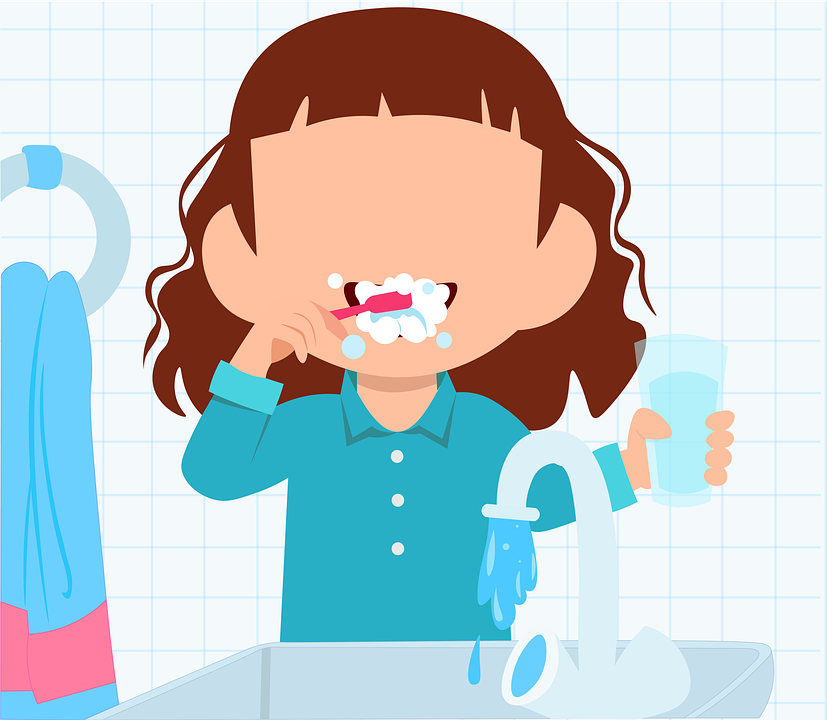
مصدر:بيكساباي.كوم
النقطة الرئيسية
إن العناية الجيدة بالفم والحفاظ على صحة الفم الشخصية يمكن أن تمنع الأمراض، فضلاً عن امتلاك أسنان جميلة وبالتالي صورة شخصية أفضل.
كيف نختار معجون أسنان ومنتجًا للعناية بالفم يُناسب احتياجاتي؟ يختلف الأمر من شخص لآخر. مُعظم معاجين الأسنان المُتاحة اليوم مُصممة لعلاج مشاكل مُحددة أو لتوفير تأثيرات مُحددة، ولكن ما هو... يمين بالنسبة لنا هو الأهم.
